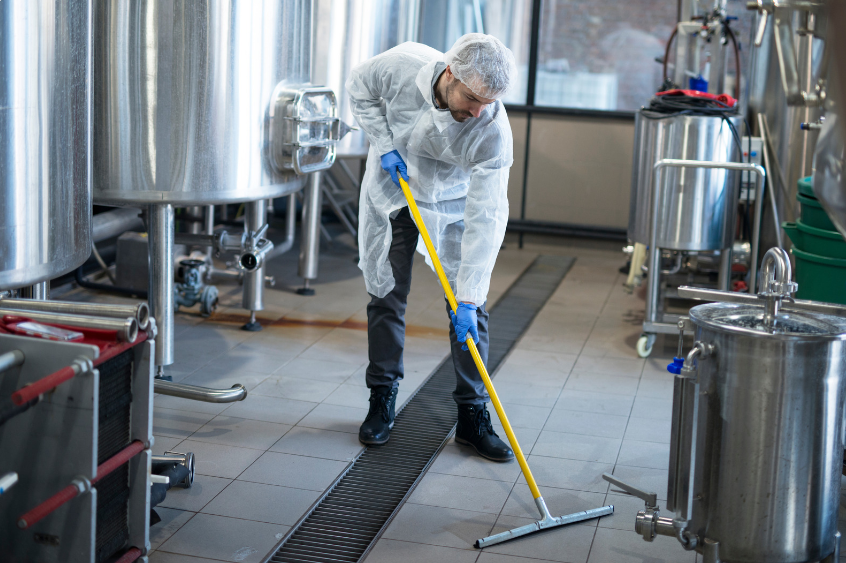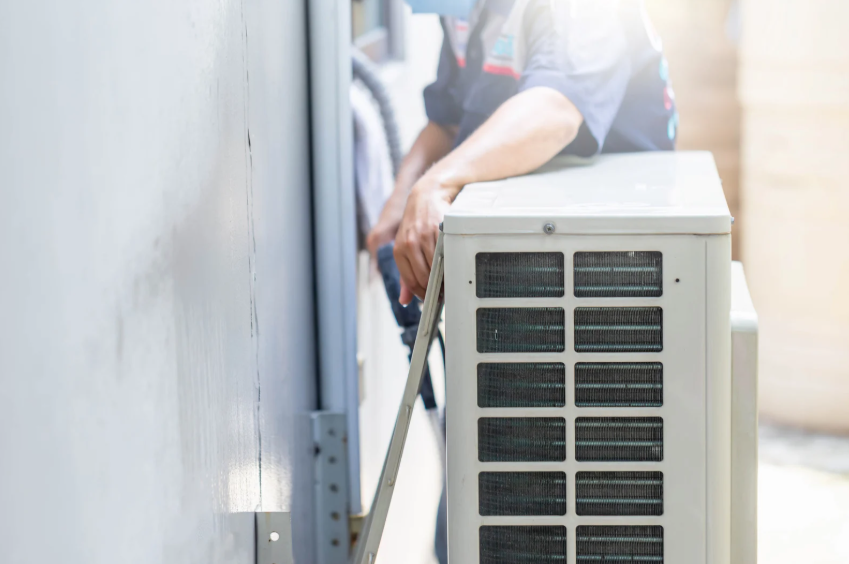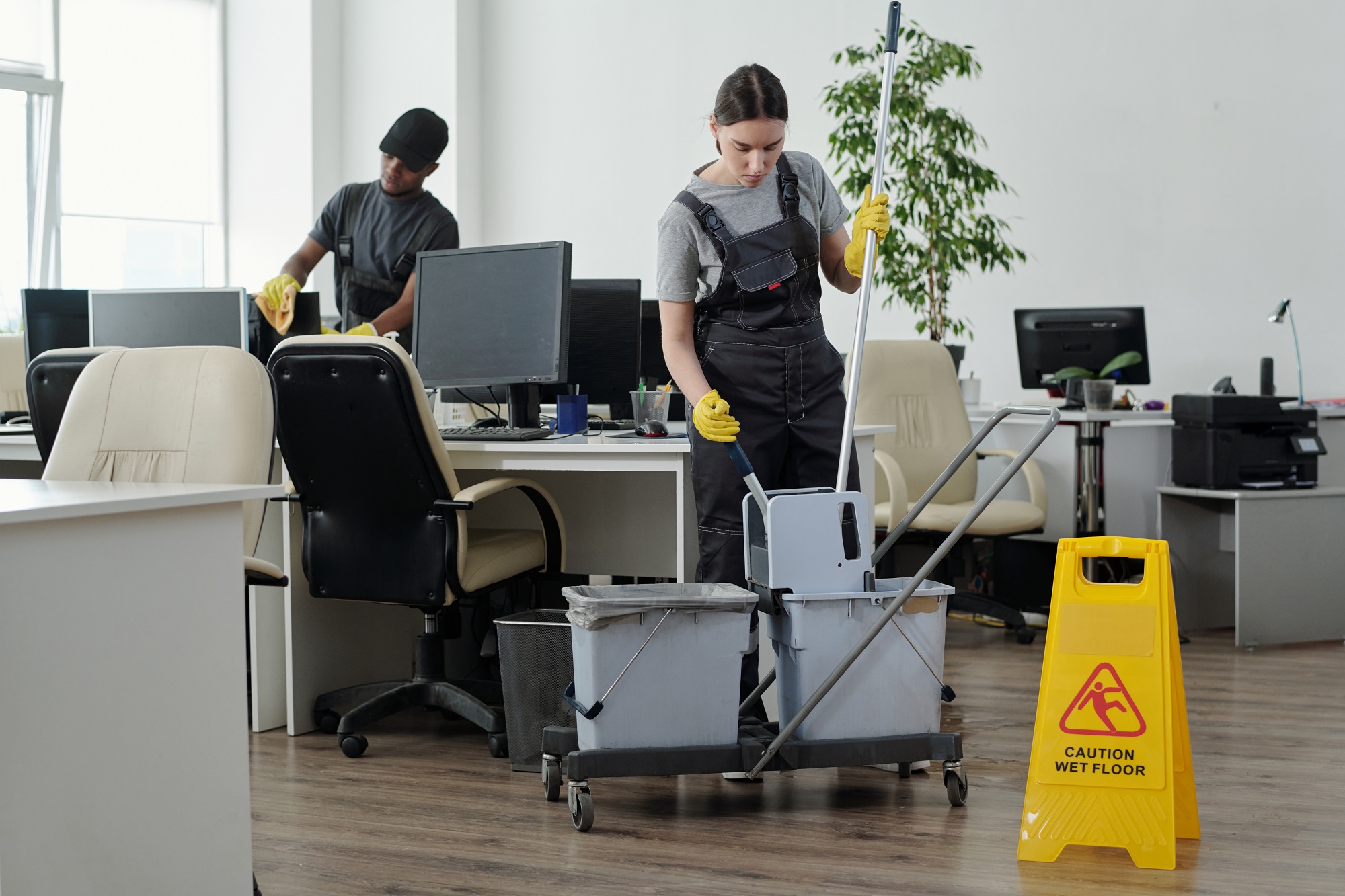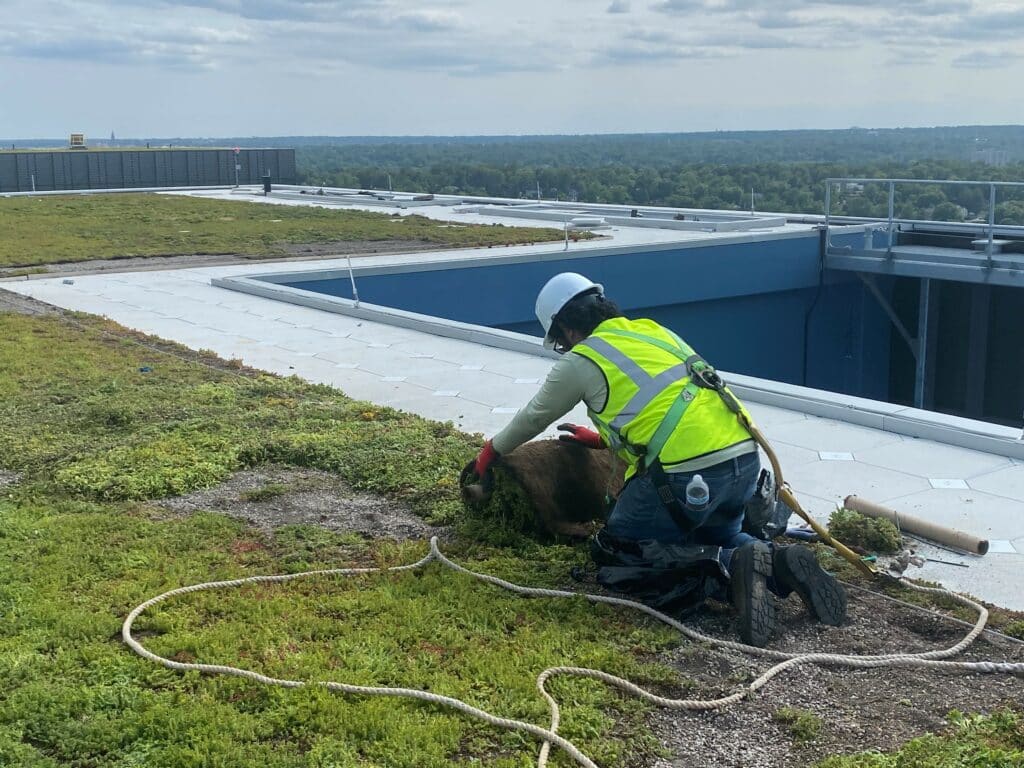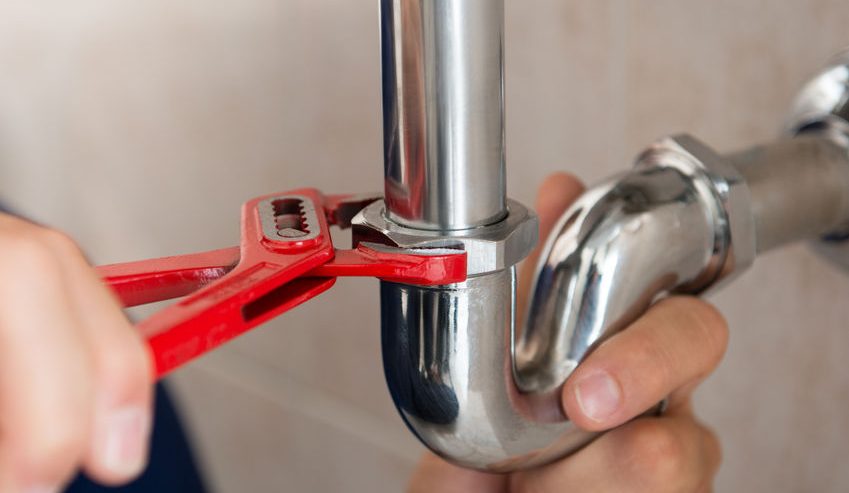In the realm of industrial operations, maintaining cleanliness isn’t just about appearances; it’s critical for safety, productivity, and regulatory compliance. Understanding the distinction between routine cleaning and deep cleaning is essential for optimizing your industrial space. Effective industrial cleaning practices ensure a safe and healthy environment for employees and visitors alike.
The Difference Between Routine Cleaning and Deep Cleaning
Industrial cleaning encompasses two primary approaches: routine cleaning and deep cleaning. Routine cleaning involves daily or regular maintenance tasks aimed at sustaining basic cleanliness levels. This includes tasks such as sweeping, mopping, and surface wiping to control dust and debris buildup. In contrast, deep cleaning is more comprehensive and periodic, targeting hard-to-reach areas, machinery, and high-touch surfaces to eliminate stubborn dirt, grime, and pathogens.
Benefits of Routine Cleaning for Industrial Spaces
Regular industrial cleaning plays a pivotal role in maintaining operational efficiency. By adhering to a routine cleaning schedule, industrial facilities can uphold hygiene standards, reduce the risk of accidents caused by slippery floors or clutter, and promote a healthier work environment. Furthermore, routine cleaning helps in extending the lifespan of equipment and machinery, thereby minimizing maintenance costs and downtime.
When to Opt for Routine Cleaning
Determining the frequency of industrial cleaning largely depends on the type of facility and its operational demands. For industries with high foot traffic or handling sensitive materials, daily or weekly routine cleaning may be necessary. It is particularly beneficial for manufacturing plants, warehouses, and distribution centers where maintaining a clean environment is integral to preventing contamination and ensuring product quality.
Importance and Scope of Deep Cleaning in Industrial Environments
Deep cleaning goes beyond routine maintenance, targeting areas that accumulate hidden contaminants over time. In industrial cleaning, deep cleaning involves thorough disinfection of surfaces, sanitization of equipment, and cleaning of HVAC systems and ducts to improve air quality. This intensive cleaning process is crucial for compliance with industry regulations, especially in sectors such as pharmaceuticals, food processing, and healthcare.
Situations Requiring Deep Cleaning
There are specific scenarios in industrial cleaning where deep cleaning becomes essential. Post-construction or renovation projects necessitate deep cleaning to remove construction debris and ensure the facility meets safety standards before resuming operations. Additionally, preparing for audits, inspections, or customer visits often prompts industrial facilities to undergo deep cleaning to present a professional and hygienic environment.
Choosing the Right Cleaning Strategy for Your Industrial Space
Selecting between routine cleaning and deep cleaning depends on various factors, including facility size, industry regulations, and operational needs. Engaging professional industrial cleaning services can provide tailored solutions and expertise in developing cleaning schedules that align with your facility’s requirements. This approach ensures consistency in cleanliness standards while optimizing operational efficiency and employee well-being.
Takeaway
Maintaining a clean industrial environment requires a strategic balance between routine cleaning and deep cleaning practices. Each approach serves distinct purposes in preserving cleanliness, safety, and compliance within industrial settings. By prioritizing regular industrial cleaning and periodic deep cleaning as part of your facility management strategy, you can create a conducive environment that enhances productivity, protects assets, and supports overall business success.

